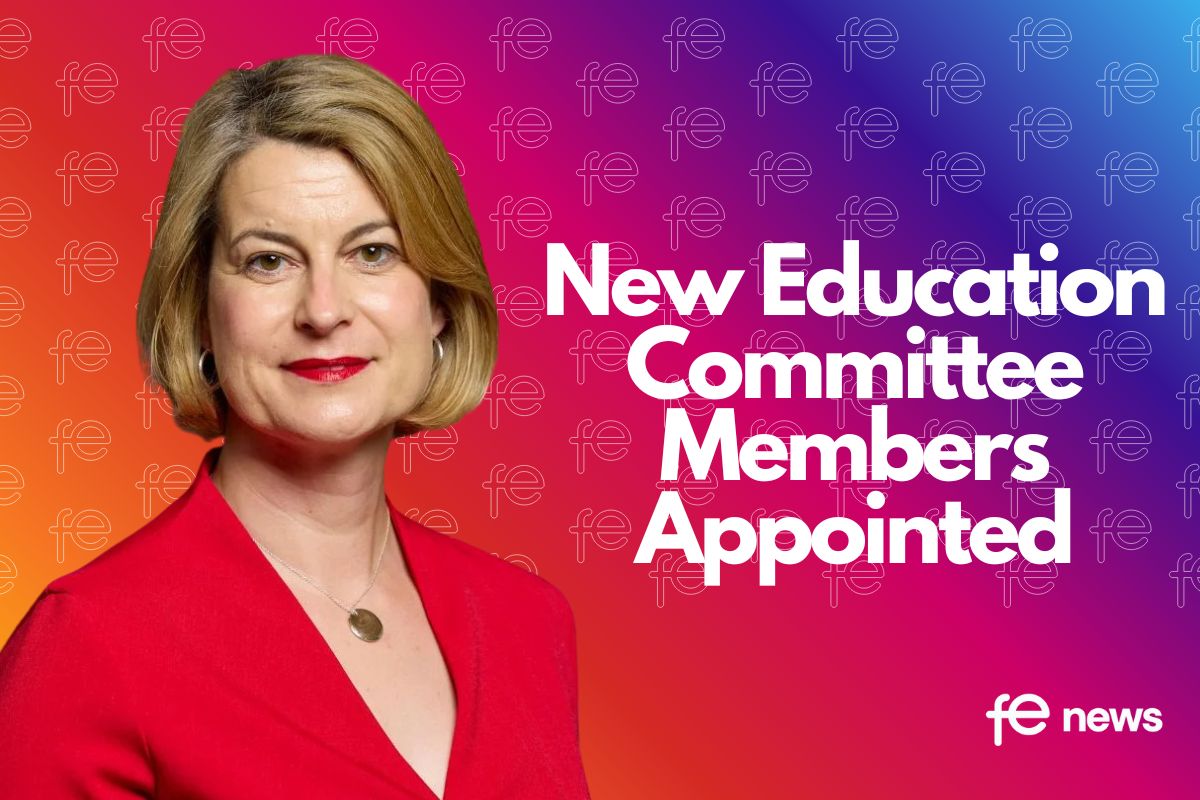Higher Education Taskforce lifts the cap on university places for medical course for the coming academic year

Students can ‘self-release’ through @UCAS_online from their existing offer and accept a new offer at their preferred university
Students have been given reassurances on university places and the Government is lifting the cap on medical courses for the coming academic year.
The Government and higher education sector have together agreed that all students who achieved the required grades will be offered a place at their first choice university.
Yesterday’s (19 August) daily meeting of the Government’s Higher Education Taskforce agreed to honouring all offers across courses to students who meet their conditions this coming year wherever possible, or if maximum capacity is reached to offer an alternative course or a deferred place.
To support this commitment, the Government has lifted the cap on domestic medicine, dentistry, veterinary science and undergraduate teacher training places. Additional teaching grant funding will also be provided to increase capacity in medical, nursing, STEM and other high-cost subjects which are vital to the country’s social needs and economy.
 Universities Minister Michelle Donelan said:
Universities Minister Michelle Donelan said:
“This has been an incredibly difficult time for students and I want to reassure them that every effort is being made to make sure all those who planned to, can move on to higher education.
“I am delighted that the Government and the higher education sector have agreed that all students who achieved the required grades will be offered a place at their first choice university. I want universities to do all they can to take them on this year or offer alternative courses or deferred places where required.
“This pandemic has highlighted more than ever the importance of our fantastic healthcare services and the need to invest in them. So I am pleased we are removing the cap on these courses and providing additional funding so more students can take up their places now and become our future doctors and healthcare professionals.
“We’re working closely with universities to support them, helping them to be flexible for students.”
 Alistair Jarvis, Chief Executive of Universities UK, said:
Alistair Jarvis, Chief Executive of Universities UK, said:
“Universities and their admissions teams are doing everything they can to accommodate students on their first choice course and where this is not practically possible, to advise on and offer other opportunities, such as a deferred place for next year or a suitable alternative course. The priority must be to support students.”
“The policy U-turn on A-levels has created significant challenges for universities caused by late movement of students between institutions. The welcome additional medicine and dentistry places and confirmation of the additional teaching grant for high costs subjects will help to support capacity. Government now needs to urgently confirm funding both to ensure the financial stability of institutions suffering from a loss of students and to offer further support to maintain and build capacity where needed.”
 Dr Tim Bradshaw, CEO of the Russell Group, said:
Dr Tim Bradshaw, CEO of the Russell Group, said:
“Our universities are working around the clock to support students during this incredibly challenging time.
“The Government’s decision today to provide additional funding for high cost courses, such and chemistry and physics, and to lift the number caps on specialist courses, including medicine and dentistry, is a very positive step, which will allow us to increase capacity and help more students to benefit from a high quality education.
“Russell Group universities are working with government and will do everything they can to accommodate as many students as possible on their preferred courses this year and will continue to do so wherever this is practically possible. Where this isn’t possible, our universities will look to offer deferred places or explore places on alternative courses where the student meets the entry requirements.”
 UCU general secretary Jo Grady said:
UCU general secretary Jo Grady said:
‘This is a welcome reprieve for many prospective students, but the government’s shambolic decision-making means that every action is taken at the last second and the damaging consequences of those actions are passed straight on to hard-working university staff. This year staff have needlessly faced cuts and threats of redundancy because the government is unable plan properly, they are now dealing with unbearable workloads trying to fix this mess. Any increase in student intake cannot be at the expense of staff working extra hours.
‘Increasing teaching grants and honouring students’ preferred courses is the right thing to do, but the government must now protect places for BTEC and A-level students still waiting for their results.
‘We also need to see a proper health and safety plan for how large numbers of students will be welcomed to university safely in the middle of a pandemic. The sector also needs significantly more financial support so that institutions who miss out because students choose to go elsewhere are shielded from further chaos, jobs are protected, and the university sector in all its diversity is well placed to lead the recovery from this crisis.’
This year many more students have been successful in meeting the required grades to study medicine, dentistry, and veterinary science, and the Government has removed the caps to ensure a supply of students to these courses, which are especially important during the global pandemic.
Lifting the domestic cap on these subjects means if students have met their offer to study at a medical school they should be able to take up that place this year where there is capacity, or be offered a deferred place at their chosen university or higher education provider and course.
There are no Government caps on university nursing places, and the Government is working rapidly to build capacity in the nursing sector to support recruitment to the country’s vital public services.
On Monday, the Government also confirmed it intends to remove temporary student number controls for the 2020/21 academic year to build capacity to admit students this coming year.
The Universities Minister is sending out a message to students today offering reassurance that the Government is working with the sector to make sure those who planned to, can go to university and set out advice for them.
If a student receives a centre assessment grade which meets the conditions of their original offer, they should get in touch with their preferred university to discuss what options are available. Students can ‘self-release’ through UCAS from their existing offer and accept a new offer at their preferred university.
Schools and colleges received students’ revised A and AS level grades yesterday and by the end of the week UCAS aims to share these grades with higher education providers, meaning students can start contacting their previous preferred university if they wish to do so.
The Higher Education Taskforce includes UCAS, the Office for Students (OfS), Universities UK, Guild HE, the Russell Group, Universities Alliance, and Million Plus among other groups.











Responses